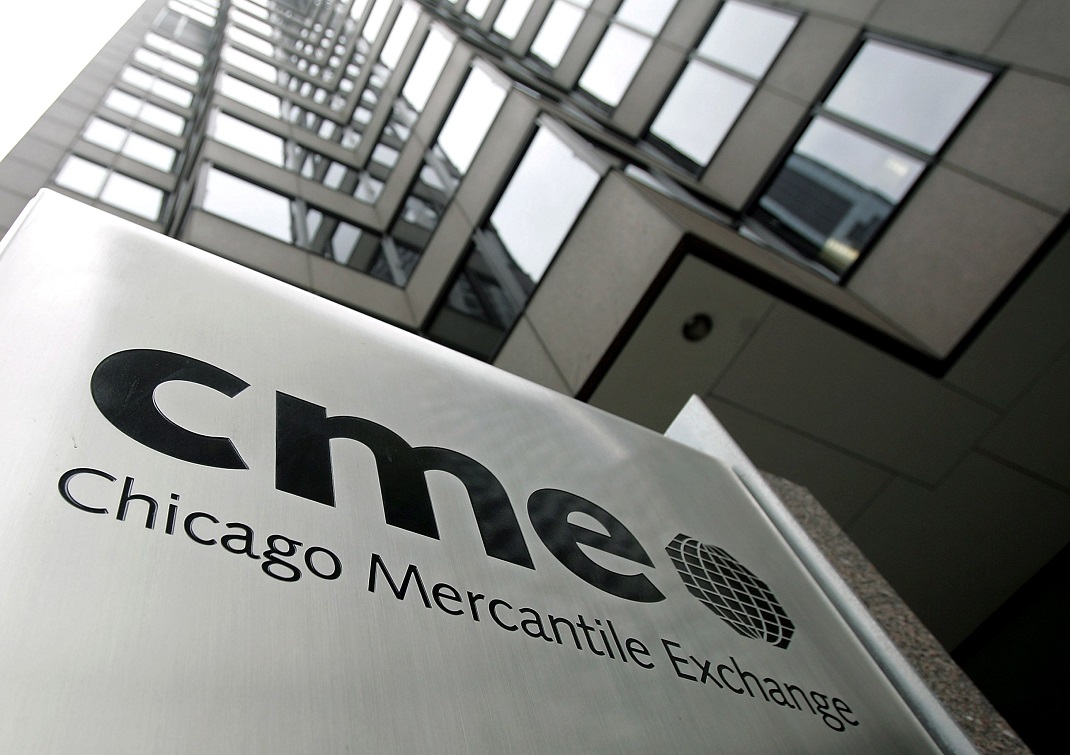Tether’s ambitious Bitcoin mining expansion in Uruguay has hit a critical roadblock after the state electricity provider UTE suspended supply in late July. The halt came over unpaid bills totaling nearly $5 million, freezing progress in the Flores and Florida regions where facilities were under development.
The USDT stablecoin operator entered Uruguay in 2023, attracted by the country’s vast wind and hydro resources. Partnering with licensed operator Microfin, Tether aimed to secure renewable energy contracts and establish long-term mining infrastructure. However, mounting costs and UTE’s demand for large deposits strained the deal. Microfin pushed for tariff adjustments, while negotiations only produced a memorandum of understanding in June, leaving arrears unresolved.
The suspension has drawn criticism across the crypto community, with many questioning Tether’s commitment to its Latin American mining goals. The company had pledged to control roughly 1% of the global Bitcoin network and invest hundreds of millions into projects in Uruguay and Paraguay. The Uruguayan hub was intended to anchor these regional ambitions.
Despite the setback, Tether maintains that USDT reserves remain fully separate from its operational ventures. Mining and energy assets are positioned as diversification strategies beyond stablecoin issuance. Earlier this year, Tether also expanded into agribusiness to connect stablecoin adoption with commodity trade in Latin America.
Uruguay’s strict energy guarantees contrast with lower-cost regions like Paraguay and Texas, where miners benefit from cheaper power. This raises broader concerns about the sustainability of Bitcoin mining in high-cost markets. While talks with UTE continue, the timeline for restarting operations remains unclear.
The stalled expansion highlights the risks of linking stablecoin businesses with energy-intensive mining. Whether Tether scales back or abandons its Uruguay plans is yet to be confirmed.


























Comment 0